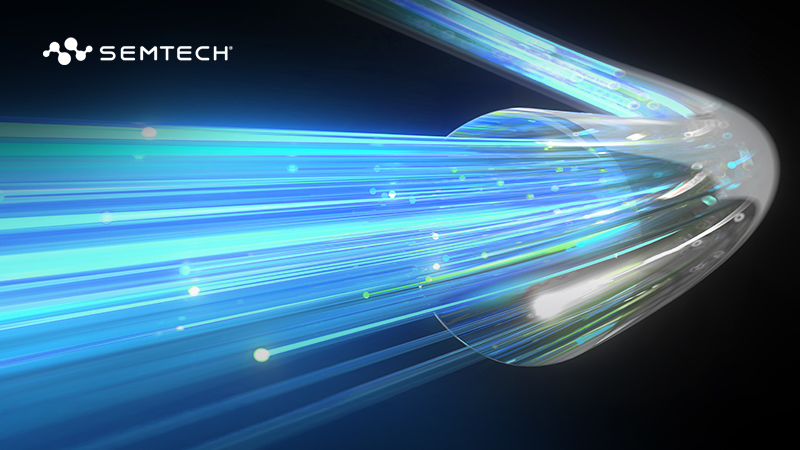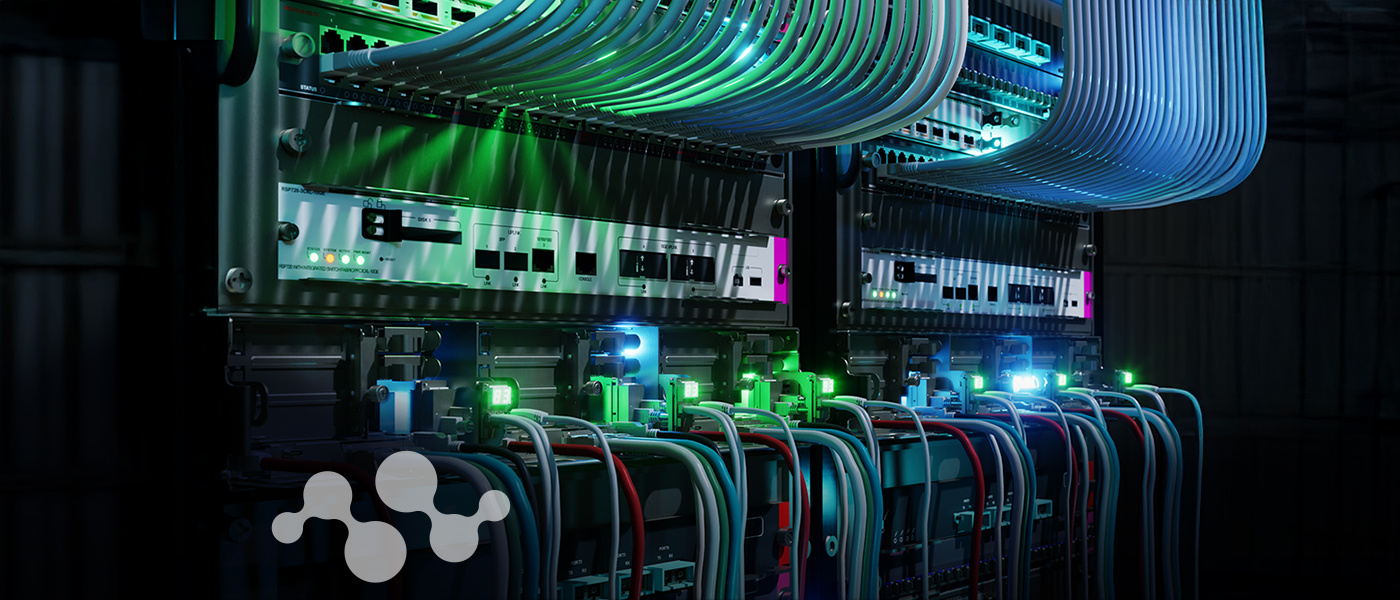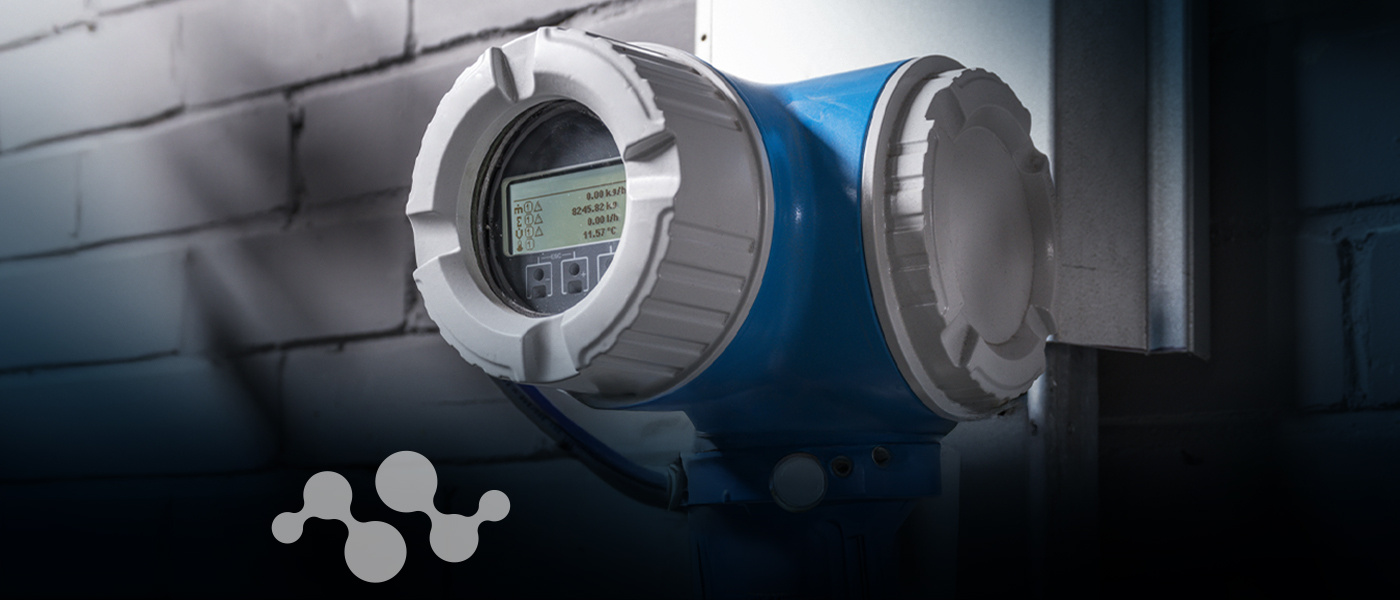Overview
The GN1406 is a quad repeater/retimer designed for 2.5Gbps and 5.0Gbps or 3.125Gbps and 6.25Gbps communications. The GN1406 extends the reach and robustness of high-speed serial links by compensating for losses in the transmission medium and resetting the jitter budget.
Each high-speed input interface includes an integrated high input jitter tolerant retimer circuit with adjustable
equalization.
The GN1406 high-speed serial output interface features very low jitter and allows for amplitude adjustment through the use of a serial control interface. De-emphasis levels can also be set to compensate for transmission losses.
Each channel in the GN1406 can be independently configured or powered down.
Features
- Power Dissipation: 100mW per channel with retimers on; 70mW per channel with retimers bypassed
- Multi-rate operation: 2.5Gbps, 3.125Gbps, 5.0Gbps, or 6.25Gbps
- Input range: 100mVppd to 1200mVppd
- Programmable equalization from 0 to 24dB
- Retimer resets the jitter budget
- High input jitter tolerance
- Retimer bypass option
- Supports any data rate from 1.25Gbps to 8.0Gbps operation in repeater mode (retimer bypass)
- Programmable output de-emphasis from 0 to 20dB
- Programmable output level
- Low latency
- Loss of lock indicator
- Loss of signal indicator
- Horizontal phase adjustment capability
- Independent channel operation
- Individual channel power down
- Individual programmable channels
- I2C control interface
- Support PCI Express® applications
- Electrical idle preservation with ultra-fast <5ns electrical idle entry and exit
- Receiver detect
- Spread spectrum clocking (SSC)
- Transparent operation for data rate auto negotiation
Applications
- High-speed serial line card and backplane communications
- Blade servers
- Cable extender
- Parallel optics
- QSFP
- Retimer Mode: 6.25, 3.125, 5.0 and 2.5Gbps
- PCI Express 2.0 and 1.1
- Infiniband SDR and DDR
- SNAP-12, POP-4 (MSA standards, x12, x4 parallel optics)
- LX-4 (IEEE standard, x4 parallel optics, 3.125Gbps)
- CX-4 (IEEE standard, x4 copper cable, 3.125Gbps)
- KX-4 (IEEE standard, x4 backplane, 3.125Gbps)
- XAUI @3.125Gbps and RXAUI @ 6.25Gbps
- Serial Rapid I/O (2.5Gbps, 3.125Gbps, 5.0Gbps, 6.25Gbps)
- Repeater Mode: any data rate from 1.25Gbs to 8.0Gbps (EQ-only function available; no output de-emphasis)
- SAS, SATA I and SATA II (1.25Gbps, 3.0Gbps, 6.0Gbps)
Inventory
| Product | Country | Distributor | Qty | Buy |
|---|
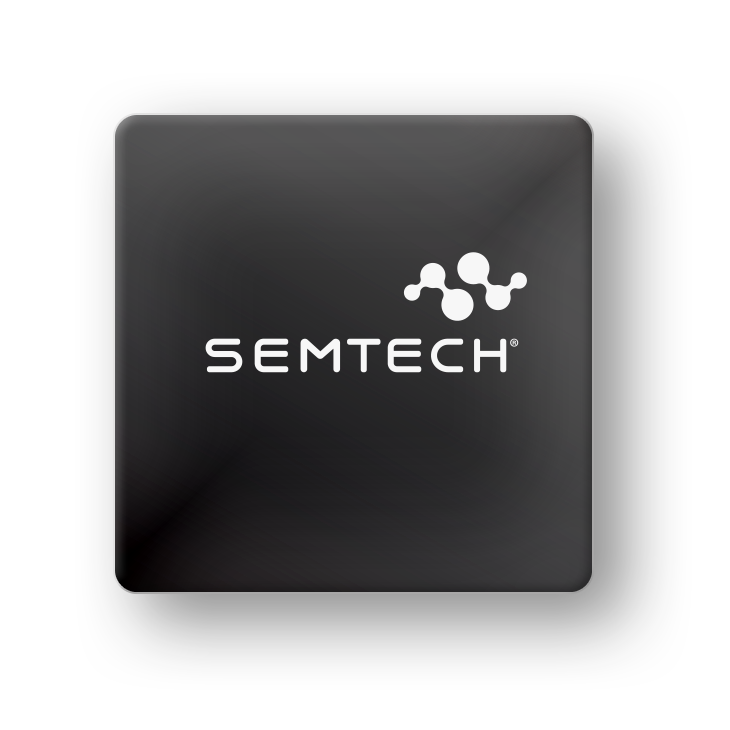
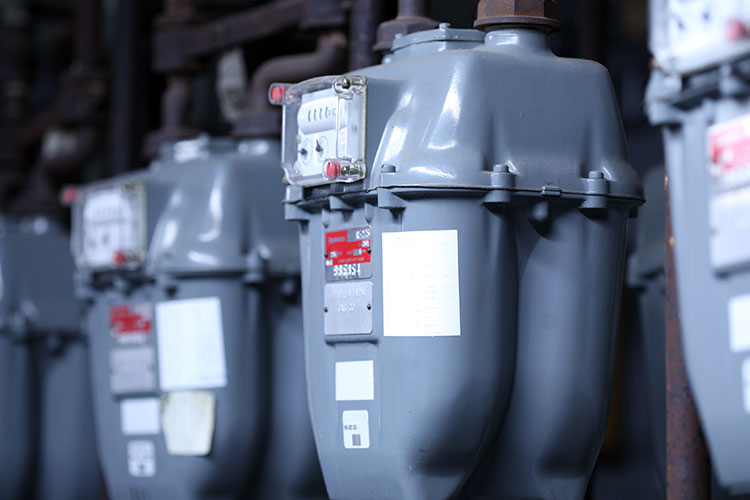
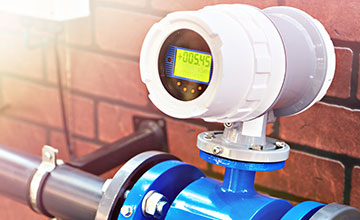

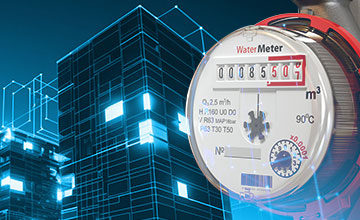







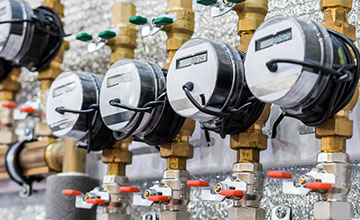




.png)









